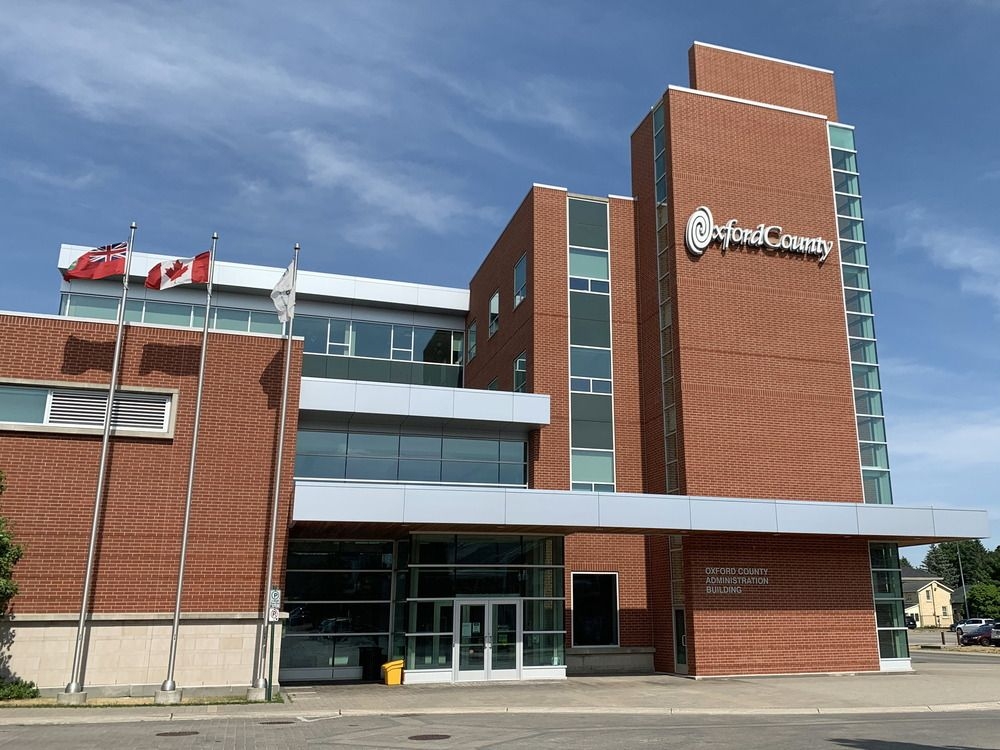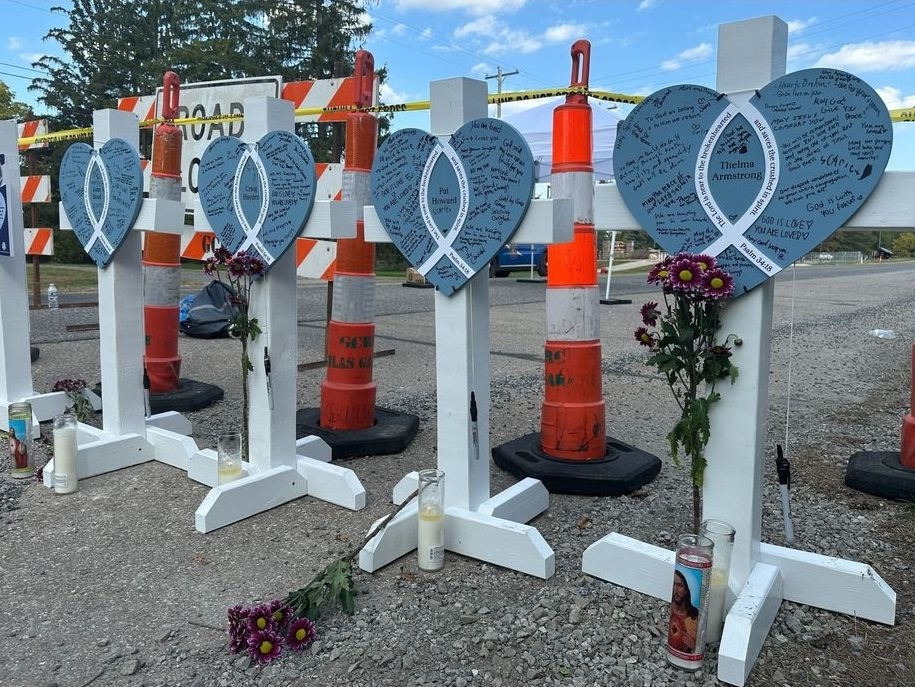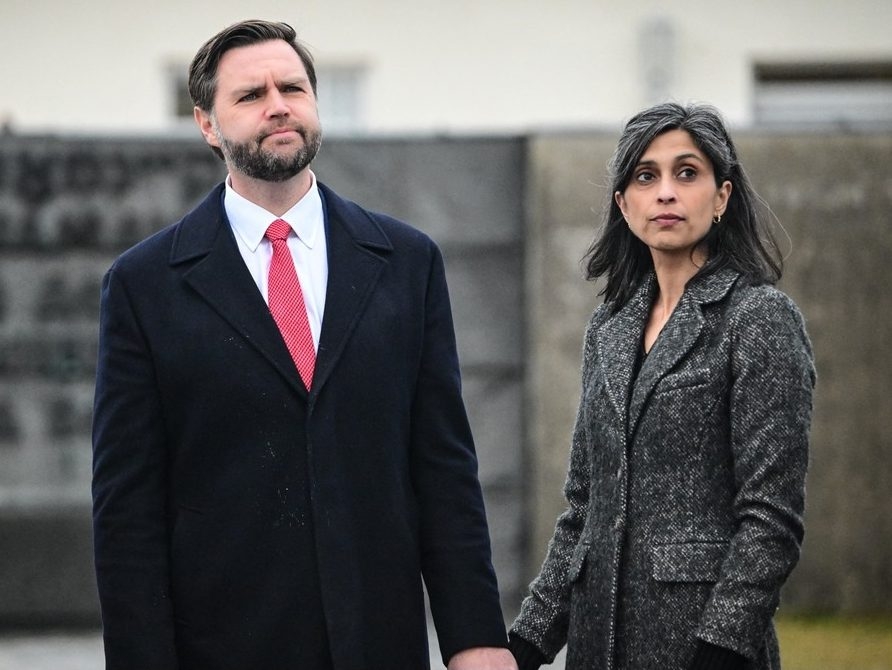Thirteen years after a shocking act of violence ripped through a bustling food court, Christopher Husbands remains behind bars. The Parole Board of Canada delivered a stark verdict last week: no chance at day parole, full parole, or even temporary unescorted leave. The detailed reasoning, released recently, paints a chilling portrait of an inmate who continues to evade true accountability for his actions.
On a June day in 2012, Husbands, already facing charges including sexual assault and violating bail conditions, unleashed fourteen bullets within the crowded Eaton Centre. The senseless gunfire claimed the lives of Ahmed Hassan, 24, and Nixon Nirmalendran, 22, and left a trail of devastation, wounding innocent bystanders – including a young boy and a pregnant woman.
Husbands claimed a dissociative state during the shooting, a defense previously rejected in court. He described a disturbing detachment, stating he felt as if watching his own body act, denying conscious intent. This assertion, the board noted, mirrored arguments unsuccessfully made during his trials.
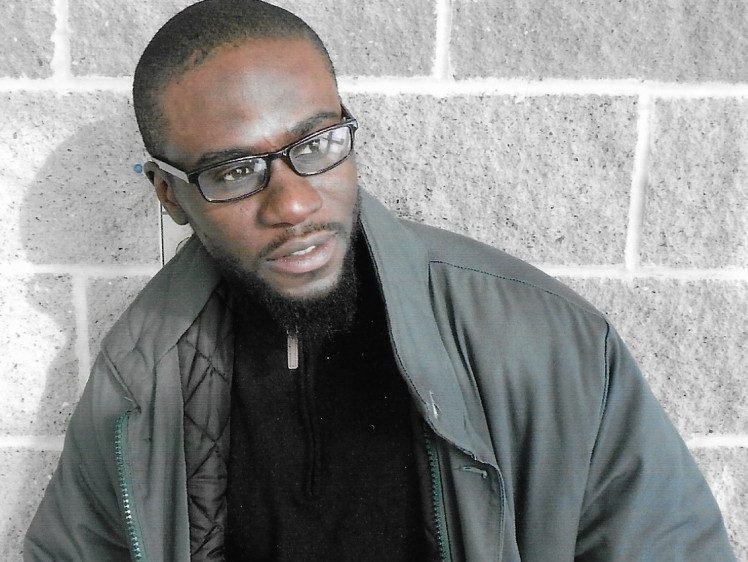
He initially faced first-degree murder charges, later reduced to manslaughter after a legal error. Even then, Husbands attempted to argue diminished responsibility due to PTSD, a claim dismissed by both the trial judge and the Court of Appeal. The court found clear evidence he deliberately carried a loaded handgun to the mall, targeting men he harbored resentment towards.
The Parole Board found Husbands’ claim of not seeking revenge unconvincing. A letter penned from jail in 2012 revealed a chillingly callous attitude towards his victims, expressing anger and dismissing the attack against him as “soft.” This demonstrated, the board stated, a profound lack of insight into the gravity of his crimes.
Despite acknowledging the harm inflicted, Husbands offered little genuine remorse. The panel emphasized that this inability to accept responsibility hinders any meaningful progress towards rehabilitation. Acknowledging the victims’ suffering, yet failing to express true regret, was a critical failing.
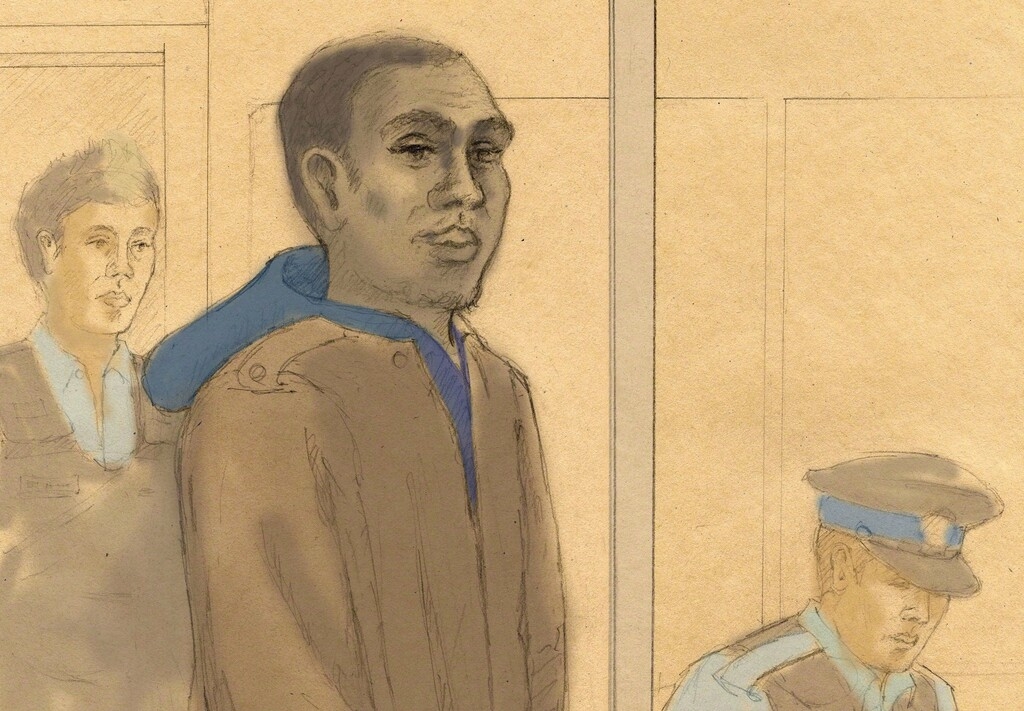
Husbands has made strides within the prison system, completing his high school education, earning a college diploma with a perfect GPA, and excelling in psychology courses. He is currently training as a welder, envisioning a future career. His reintegration potential has improved from low to medium.
However, these accomplishments are overshadowed by his continued lack of accountability. No halfway house will accept him until he’s transferred to a minimum-security facility, and even then, a gradual reintegration process with temporary absences would be required. The board remains unconvinced he has undergone sufficient, lasting change.
Ultimately, the Parole Board concluded that Husbands has “further work to do” to establish credibility and demonstrate genuine transformation. For now, the man responsible for the Eaton Centre tragedy will remain incarcerated, a consequence deemed necessary for public safety and a reflection of his unyielding denial of responsibility.
